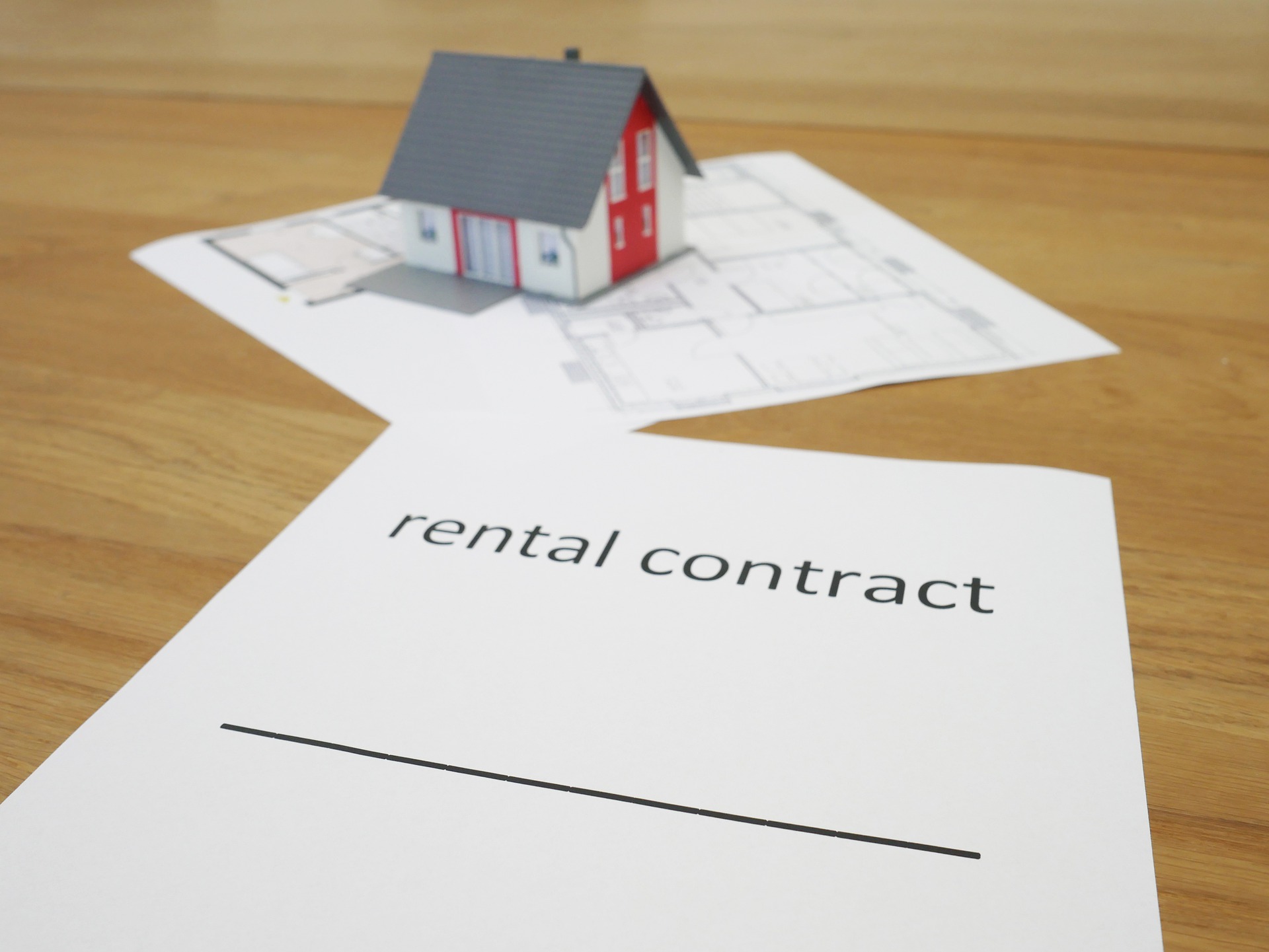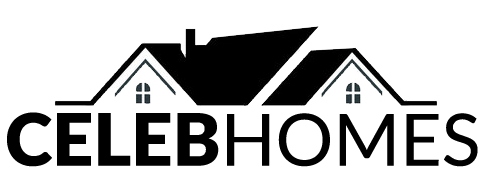
1. Renting
The decision to rent or to buy a house is one that many people make in a grey area. Some people like the security of a house offers, while others feel like they can buy something that will be much more valuable down the road. For some, renting is an ideal option, while for others, purchasing a house is more appropriate at this time in their lives. Let’s look at the benefits of renting an apartment, both for the renter and the home owner, including apartment advantages and disadvantages.
One of the biggest benefits of renting is of course lower monthly payments. This lower payment is generally going to translate into a lower interest rate as well, so both the renter and the homeowner are saving money in the long term. It is not uncommon for a renter to pay as little as a quarter or half of a mortgage payment every month when compared to a homeowner who pays out several times that amount. This is the case especially if you live in a higher real estate area like New York where the cost of living is much higher. If a homeowner does not maintain his or her apartment very well, the renters can even help that person to keep from having to pay high maintenance fees.
When a renter moves in, he or she takes with them all the items they will be bringing with them to the new home, and it is that same responsibility that the landlord must bear with regards to keeping the property in a livable condition. If the landlord fails to perform basic maintenance tasks such as cleaning and repairing, the renters could be subject to closure on their lease. Not only that, but some landlords will charge them additional fees to compensate for these repairs, which can be nearly as much as the original monthly rent. That added burden can mean the difference between being able to stay in a rental property and having to move due to non-payment of your lease.
In addition, as property upkeep goes, it is the landlord who foots the bill, not the renter. There are many landlord programs that can help with maintenance, such as a fee structure that requires payments based on the time it takes the building to go through each month. Some rentals offer all bills paid offers where the cost of rent plus utilities such as electricity, gas and water are also covered and in some small circumstances internet and cable are included as well. Having an all bill paid unit can benefit the renter by saving money on utilities, saving time by not having to pay each bill every month.
There are many rental properties that are old so if you are not living in an all bills paid unit you can typically expect higher utility costs. Many older buildings are not insulated which means air tends to escape, causing your AC to work hard raising your electricity bill. If you own your own home you can make upgrades to make your home more efficient, which can significantly lower your Con Ed utility bills. So if you plan on living in a certain area for a while it might be a good idea to buy, especially if you live in an area like New York where the rent is spiking every year. Investing, owning and upgrading your place can help to increase the resale value and your overall profits in the future.
As you can see, there are quite a few advantages to renting rather than owning an apartment or house. Of course, you will always have the convenience of owning if you happen to get into a serious financial crunch and need to put your house on the market. This is rarely a problem with renting, since there are so many people who are struggling to pay their mortgages and the related credit card bills. As an bonus, you will also enjoy some level of financial stability as your landlord takes care of the maintenance and other costs involved in renting rather than buying.
One thing that you should keep in mind when comparing the advantages of Renting vs. owning is that you will have more flexibility as a renter. In other words, you can save money by avoiding certain repairs that your landlord will be forced to do because he has to cover his maintenance costs. For instance, if you have a leak in the roof and the only repair the landlord is obligated to do is replace the shingles, you can likely skip the expensive professional roofing repair job and try to straighten out the mess yourself. Since you are the one who handles taking care of any problems you may have with the property, you will gain some major benefits from renting vs. owning your apartment or home.
2. Owning
The benefits of owning a home are many and far outweigh the disadvantages. Some people do very well when they buy their first home, some do not. Ultimately it depends on your circumstances, and your financial plans.
Pros There are a variety of pros to owning that can’t be beat. Here we look at all of the advantages and disadvantages of owning as opposed to renting one.
Pros Renters have no equity in their home equity. The landlord can deduct his expenses from the mortgage interest payment. If the renter doesn’t pay he gets evicted. A good example of this is with the reverse mortgage or the right to purchase.
The disadvantage is renters do not enjoy the same tax breaks homeowners do. The renters usually have no capital gains tax credit or mortgage interest deduction. Renters also will not be able to deduct their living expenses such as utilities. Some states do not allow renters to exclude their living expenses from their income taxes. If you rent and you have insurance from your homeowner’s policy then you might be able to claim deductions on your taxes.
The benefits If you decide to buy then you can increase the equity of your home by building on the land. By increasing your home equity you can take out a loan to pay for the house. A homeowner would receive a mortgage note equity when they take out a mortgage on their home. When the property value increases, the mortgage holder receives the equity. Many times the equity will be less than the mortgage amount. However, it is still a benefit because you will get to pay a lower interest rate and longer amortization period on your loan.
When renting the advantages are that you will not be paying the full market value rent. In some cases the landlord will charge a higher rent than the market value. If the market is down, then the tenant will be paying more rent. Another advantage is that if the market has risen the landlord may raise the rent anyway. Many landlords will rent out their property for less than the current market value to retain the rental income. When these advantages are factored in it is easy to see why renting is not always the best choice.
A major disadvantage of owning is that you have no investment protection. There are some areas that currently have negative real estate markets. These areas will probably never see an increase in housing prices and rental income. In most cases when a market goes in a downward direction you have renters moving out in droves. With no investment protection renters can easily find themselves in financial turmoil when the housing prices crash.
One last disadvantage to renting is that many times rental homes do not meet the needs of their owners. If the renters do not like the house they are renting then they can often leave. This leaves the landlord with a lot of abandoned properties that need to be repaired and kept up. The benefits do outweigh the disadvantages when it comes to owning because of capital gains tax breaks and insurance protection. As a result renters often turn to renting rather than buying when it comes to avoiding capital gains tax and insurance fees.
3. What is the difference and what is right for you?
So, what is the difference between owning and renting a home? The reality is that there are so many benefits to owning your own home and not just because it is something that you can call your own. However, before we get into the benefits of owning a home, let’s make sure that you are making the right decision. Are you thinking about choosing the wrong type of home? It’s actually really simple.
The biggest difference between owning and renting a home is the lifestyle that you end up living. When you choose to rent rather than buy, you will be forced to either live in sub-par conditions or end up paying thousands of dollars every month just so that you can rent. On the other hand, if you choose to buy, then you have the luxury of living in whatever home you choose, as well as enjoying a lower interest rate, saving yourself from repossession, and making renovations whenever you please.
Another great benefit of owning is flexibility. When you own, you are the master of your residence. In other words, you are free to do as you please with your property. For example, if you decide that you want to start hosting events on your property, then you are entirely in charge of how often you host each event.
Finally, you can enjoy your rental home for much less than you would pay for it if you owned it. If you were to pay monthly mortgage payments, property taxes, utility bills, and more for owning a house, you might never actually get the full value of your investment back. Even if you manage to get your money back, many people find themselves in debt because they didn’t know what they were doing in the first place. Owning a property instead means you get to pay for a higher rental price, but you also don’t have to worry about paying off any debts. As you can see from all of these differences, there are plenty of reasons why you should consider renting instead of owning your home. However, you need to make sure you choose a company that will actually give you the services you want. Make sure they have plenty of references that will help you determine whether they are right for you. If you don’t feel comfortable with them on a personal level, then don’t use them. The difference between owning and renting what is best for you is a small one, but it could change your entire life!
